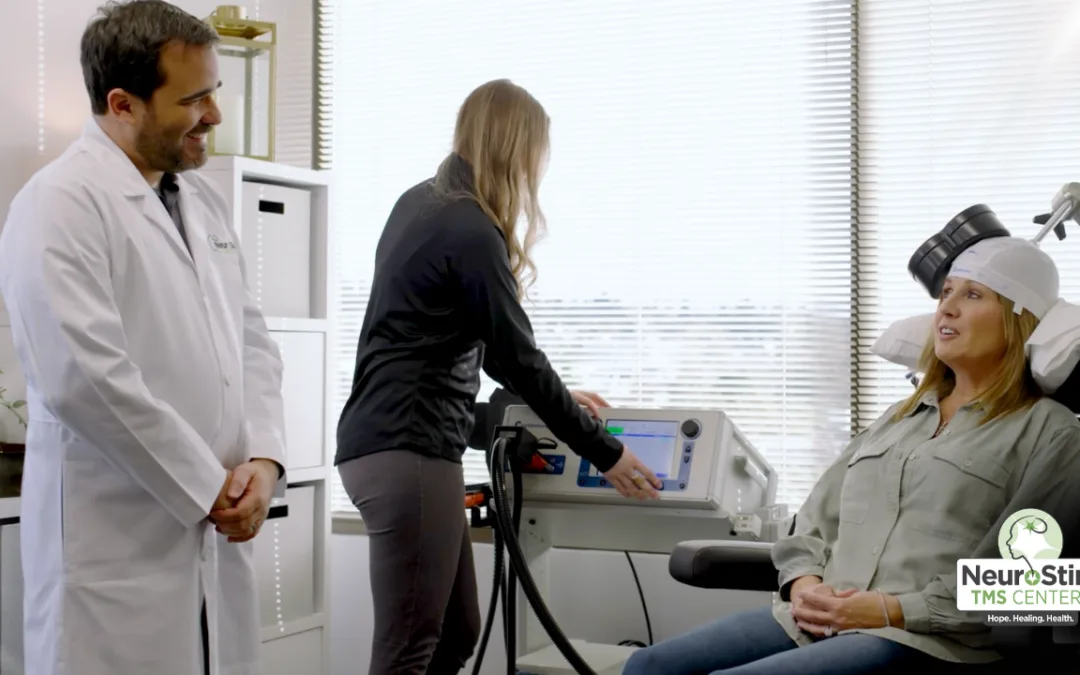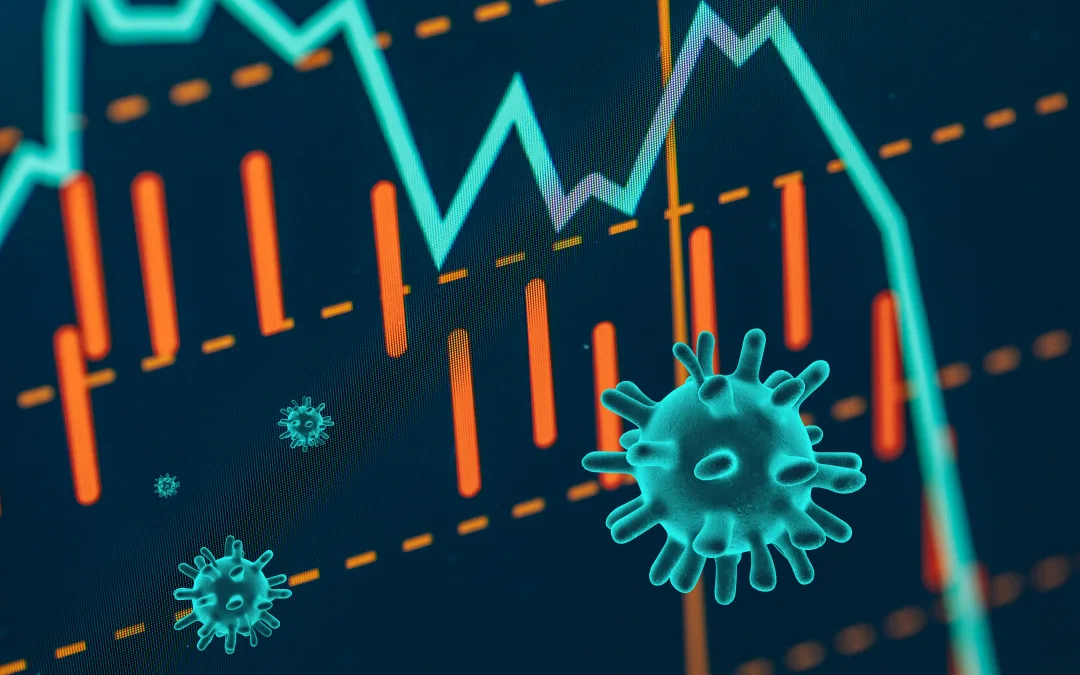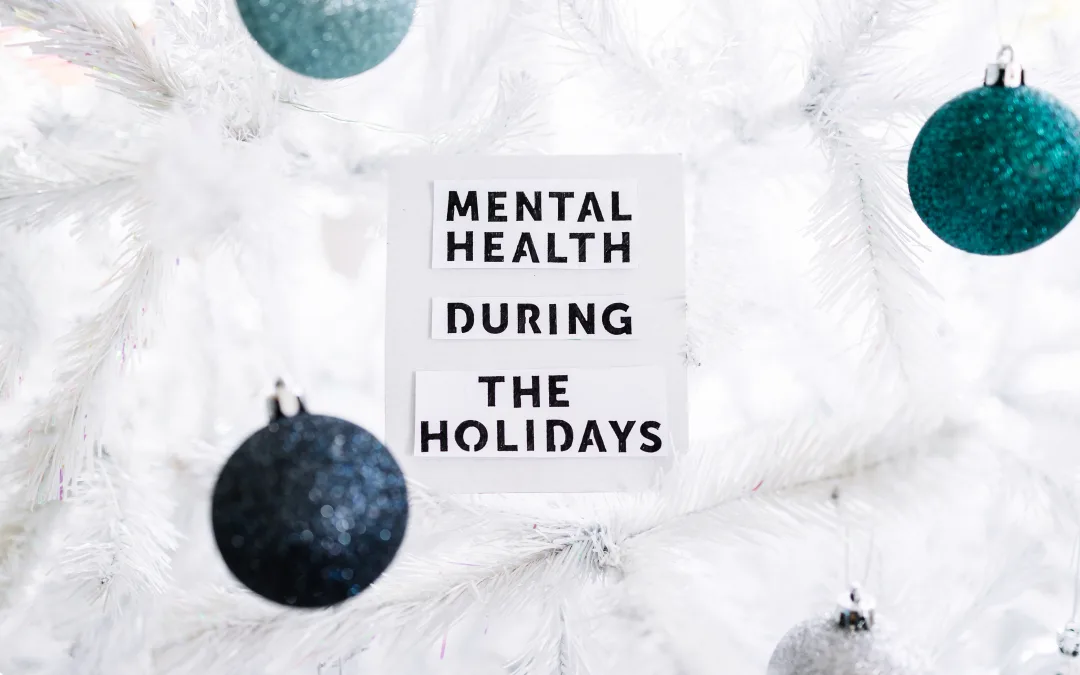Blog
Why More People Are Turning to TMS | Finding Depression Treatment in Vancouver
Why are more people turning to TMS? Discover advanced depression treatment in Vancouver…
5 Steps to Save a Life | Suicide Prevention Month
For Suicide Prevention Month, learn the 5 action steps to help someone with suicidal thoughts…
3 Benefits of TMS Therapy for Addiction Recovery
Discover how TMS Therapy helps reduce cravings, improve mood, and support lasting…

Why Is Workplace Mental Health Critical in 2025?
Tackling Burnout and Stress with the cognitive benefits of TMS Therapy. With growing uncertainty in 2025…

Maximizing Your TMS Therapy Results in Gilbert, Arizona
Struggling with Depression? Maximize the benefits of your TMS Treatment with expert tips from…

How to Find the Right TMS Provider Near You
Choosing the right TMS provider is crucial. These are the key factors to consider, how personalized care can…

Mental Health Crisis in U.S. Politics
The political climate in the U.S. is taking a toll on mental health. Discover how the 2025 Inauguration…

Is Your Health Anxiety Hypochondria?
Discover the difference between Hypochondria and Health Anxiety. Implement effective strategies to manage health…

New Year’s Resolutions for Better Mental Health in 2025
Want to improve your mental health in 2025? Discover effective New Year’s resolutions to build emotional resilience, set realistic…

Surviving the Holidays: Coping with Loneliness, Stress, and Substance Abuse
While the holidays can bring people together, they can also magnify feelings of sadness…

TMS Therapy in Seattle – 5 Unique Things NeuroStim Does to Create a Positive Experience
At NeuroStim, we believe that every patient's journey with Transcranial Magnetic...

Transcranial Magnetic Stimulation (TMS) Therapy in 2024: Treating People Beyond Their Diagnosis
In recent years, the field of mental health has seen significant advancements, with one...
